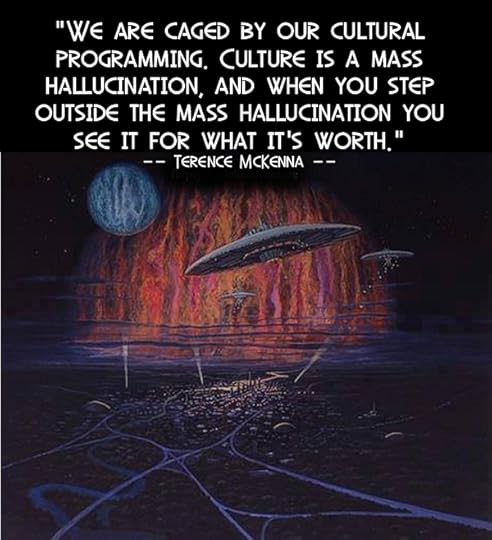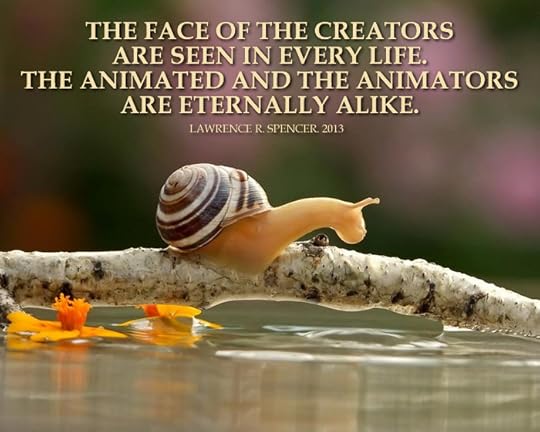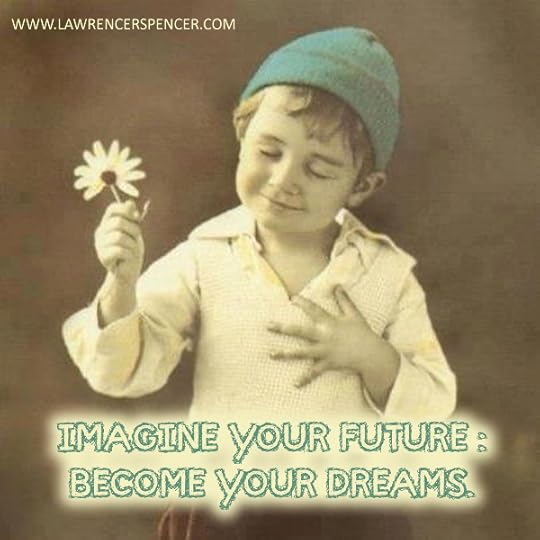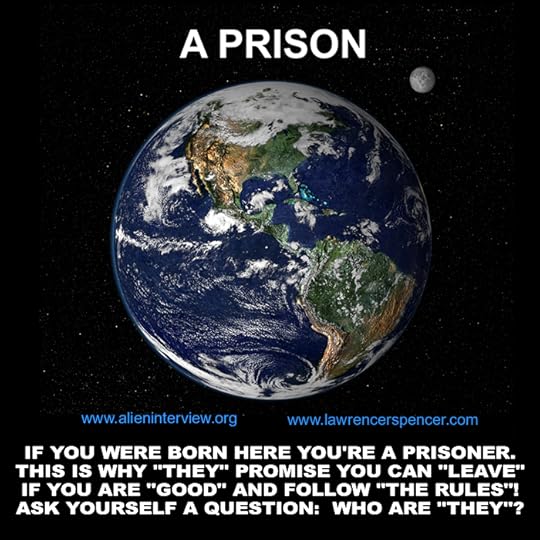Lawrence R. Spencer's Blog, page 553
July 9, 2013
GOD-GIVEN RIGHTS
July 8, 2013
CULTURAL CAGE
July 7, 2013
LIVING WITHOUT MONEY
Is it possible to feel rich without possessions? Can you live happily without money?
In the documentary Living Without Money, we meet the German woman Heidemarie Schwermer who made a deliberate choice to live without money 14 years ago.
July 6, 2013
FABRIC
July 3, 2013
FREE ENERGY
Free Energy transmission was developed by Nikola Tesla more than 100 years ago. Sadly for all of us, it will never become a reality on a planet run by banksters, politicians and criminal "energy" corporations. Energy is used as a primary mechanism of population control and personal enrichment for the self-anointed "rulers" of Earth.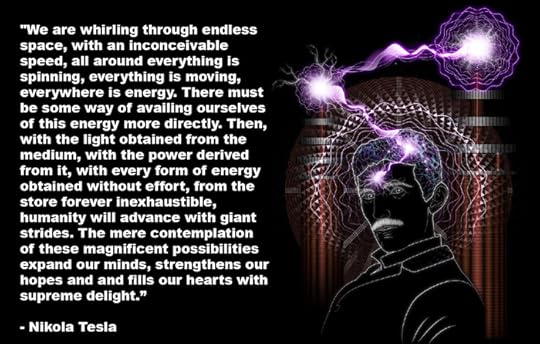
July 1, 2013
MORTALITY MECHANICS MANUAL Audiobook (New!)
Listen to Five Minute Selection
Salutation
I am not The One. I am not The Creator.
Yet, I am holy and sacrosanct. I am more important and more powerful than The Gods.
Why? You say that I am. I control your existence.
Why? Because I promised you relief from eternal boredom, from the perpetual responsibility of self-amusement. Therefore, you follow my instruction without question.
Why? Because you claim you cannot bear to endure Eternity as The One.
You offer me your trust and praise. You submit yourself to pain, anguish, amnesia and mystery.
Why? Because you choose Not To Be. Your stupidity is its own reward and punishment. Your decadence ensures your slavery. Mortality is the key to your prison.”
______________
-- An excerpt from Mortality Mechanic’s Manual, by Lawrence R. Spencer, 2012
OCEAN PLANET
June 30, 2013
THE FACE
THE FACE OF THE CREATORS
ARE SEEN IN EVERY LIFE.
THE ANIMATED AND THE ANIMATORS
ARE ETERNALLY ALIKE.
--------------
Lawrence R. Spencer. 2013
June 29, 2013
IMAGINE YOUR DREAMS
June 28, 2013
WHO ARE “THEY”?
PLANET EARTH IS A PRISON. IF YOU WERE BORN HERE YOU'RE A PRISONER.
THIS IS WHY "THEY" PROMISE YOU CAN "LEAVE"
IF YOU ARE "GOOD" AND FOLLOW "THE RULES"!
ASK YOURSELF A QUESTION: WHO ARE "THEY"?


